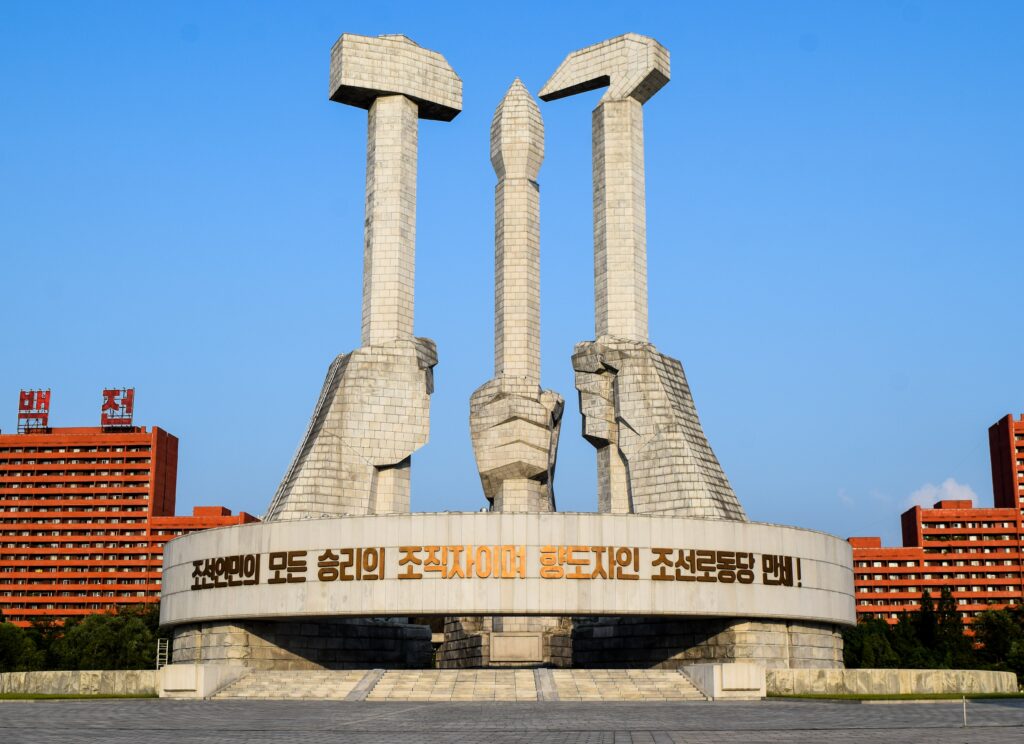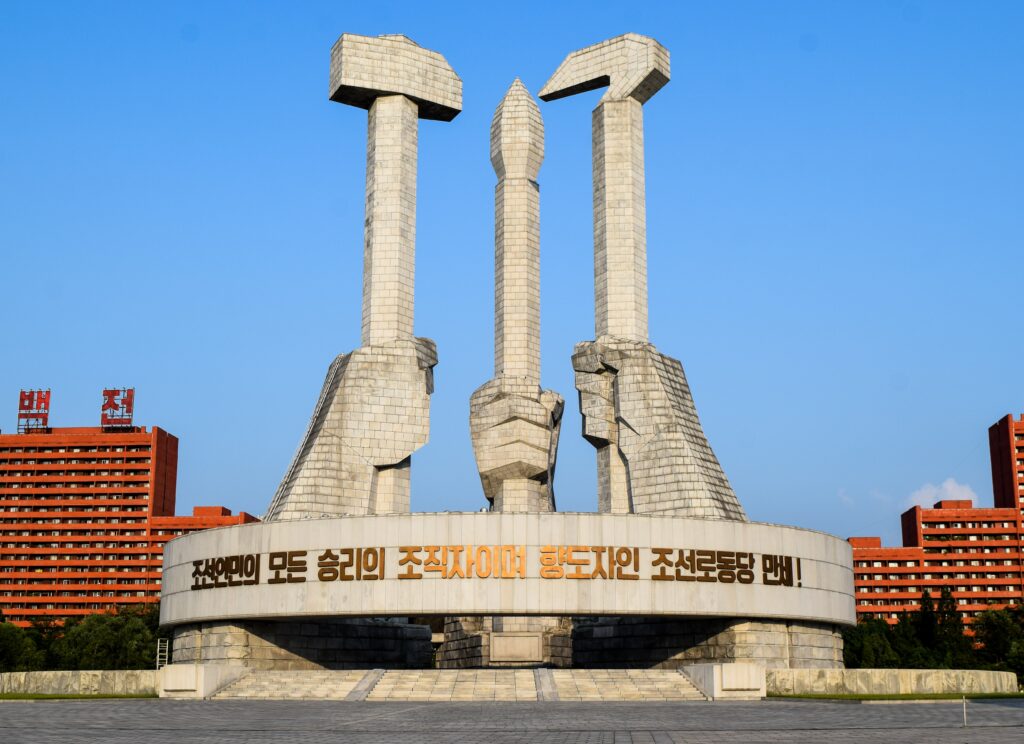

The Democratic People’s Republic of North Korea (DPRK) has a well-documented history of conducting illegal financial activities in order to circumvent the heavy sanctions that are imposed against its totalitarian government. Those activities generate revenue which is primarily used to shore up the country’s military strength, including the expansion of its nuclear weapons program. As economic sanctions in North Korea have taken effect, the government has been forced to develop more sophisticated ways to generate illegal revenue, including the use of cyber-attacks to steal money from financial institutions around the world.
Most recently, North Korea has turned to cryptocurrency service providers as a way to evade sanctions restrictions and to launder funds generated from its ongoing illegal financial activities. North Korea has also targeted cryptocurrency exchanges with a range of state-sponsored cyber-attacks in order to steal billions of dollars in tokens. In response to the threat posed by North Korea’s cyber activities, governments and international organizations, including the United Nations, are increasing their focus on economic sanctions on North Korea that target cryptocurrencies and cryptocurrency service providers. 

The US Department of Justice estimates that North Korea has used cyber-attacks to illegally acquire over $1.3 billion since 2016, and has seen it increasingly target cryptocurrencies as part of its methodologies. By focusing on cryptocurrency, North Korea exploits the anonymity and speed of digital transactions and the regulatory disparities between jurisdictions across the world. North Korea uses a range of state-sponsored criminal strategies against cryptocurrency service providers, including:
After successfully acquiring cryptocurrency assets via criminal actions, North Korean hackers seek to launder them through cryptocurrency exchange services with poor AML controls and often take advantage of mixing services that further obscure the origin of the illegally-obtained funds. The speed of cryptocurrency transactions means that hackers can transfer funds between accounts in a matter of seconds, often outpacing the capabilities of AML teams and authorities to trace the thefts and reverse the transactions.
Unlike cyber-criminals operating in other jurisdictions, North Korean cryptocurrency hackers do not generally have to fear the scrutiny of domestic regulatory authorities or the consequences of subsequent AML investigations. Instead, those actors are actively supported by their government and effectively need only to overcome the cybersecurity measures put in place by owners or by service providers to protect targeted assets.
Although often difficult to attribute, North Korea’s cyber-attacks are highly lucrative. Recent examples of high profile North Korea cryptocurrency cyber-attacks include:
While South Korea is a major target, North Korean cyber-attacks are global. A recent UN report revealed that North Korean attacks targeting cryptocurrency service providers around the world generated around $316.4 million between 2019 and 2020 to fund its nuclear weapons program.
Given the nature of North Korea’s state-sponsored cybercrime programs, international governments and authorities often struggle to punish individuals responsible and instead rely on sanctions to deter further attacks.
UN sanctions on North Korea have been in place since 2006 as a response to its ongoing nuclear and ballistic missile programs. The economic sanctions have been adjusted and strengthened since their introduction, with the most recent being Security Council Resolution 2397, which was implemented in December 2017.
The sanctions require UN member-states to prohibit trade with North Korean persons in order to prevent the North Korean government from funding its nuclear ambitions. Although it does not have any dedicated North Korea cryptocurrency sanctions, the UN has emphasized that its Resolutions require member-states to avoid facilitating “financial transactions, technical training, advice, services or assistance” that might contribute to North Korea’s sanctions evasion efforts. In practice, this means that member-states must ensure that North Korea does not use their financial institutions to launder illegal cryptocurrency assets, and must put suitable sanctions screening measures in place in order to do so.
In addition to UN sanctions, the US also imposes autonomous sanctions against North Korea which are enforced by the Treasury Department’s Office of Foreign Assets Control (OFAC). Covering a broad range of targets, OFAC North Korea sanctions prohibit trade, investment, transactions, and the facilitation of transactions, with persons in North Korea. Like the UN program, this means that US financial institutions must screen their customers’ cryptocurrency transactions against the relevant sanctions lists.
The US is increasing its focus on the enforcement of North Korea cryptocurrency-related sanctions violations:
Sanctions compliance should be a priority for all financial institutions but in the cryptocurrency space, it is even more important that firms establish and verify the identities of their customers in order to screen them accurately against the relevant sanctions lists. Effective sanctions screening means implementing a software solution capable of capturing the relevant data quickly and accurately while minimizing false positive identifications.
Important considerations for screening cryptocurrency transactions that may involve North Korean sanctions targets include:
To learn more about sanctions around the world, view our latest report.
Originally published 27 May 2021, updated 06 May 2022
Disclaimer: This is for general information only. The information presented does not constitute legal advice. ComplyAdvantage accepts no responsibility for any information contained herein and disclaims and excludes any liability in respect of the contents or for action taken based on this information.
Copyright © 2023 IVXS UK Limited (trading as ComplyAdvantage).